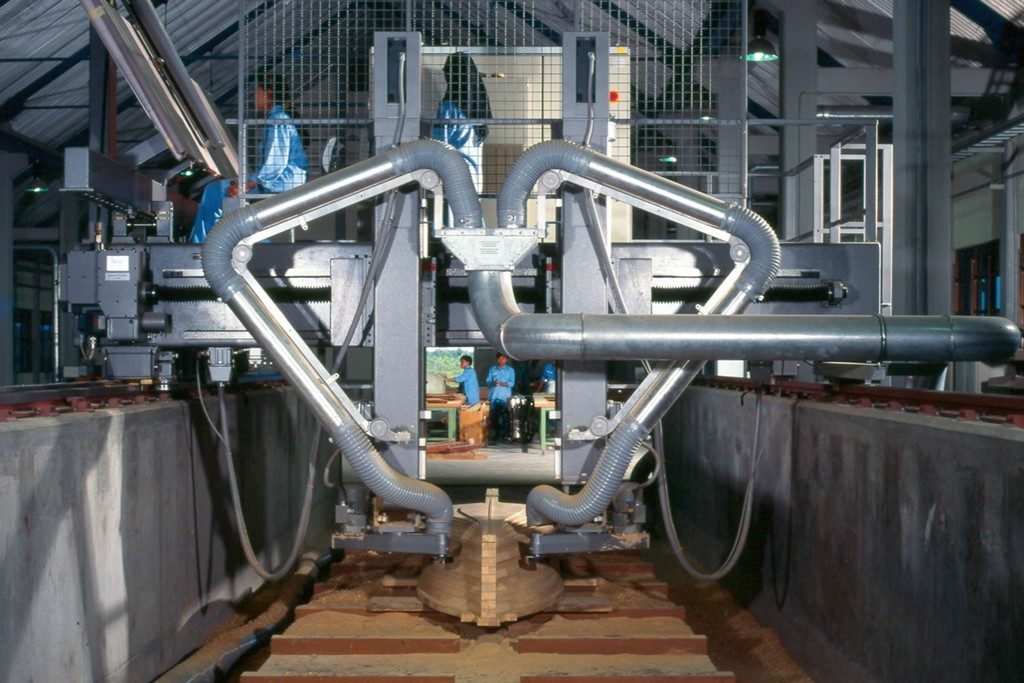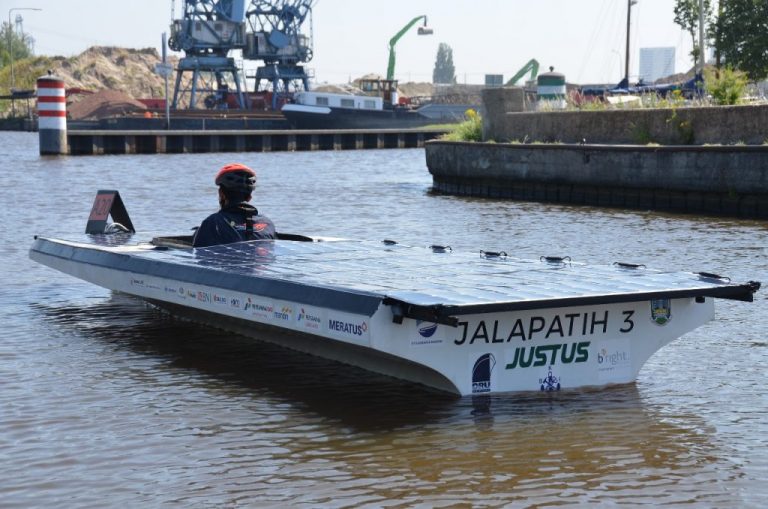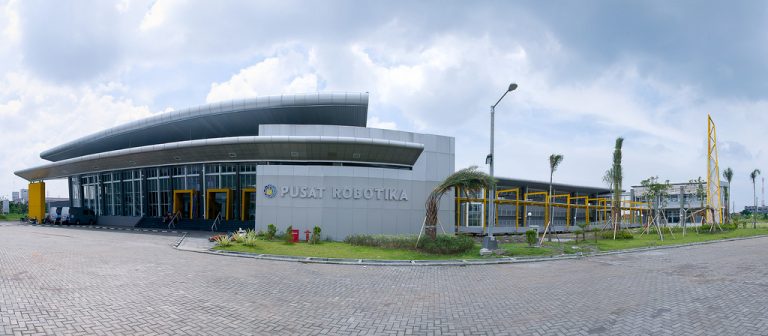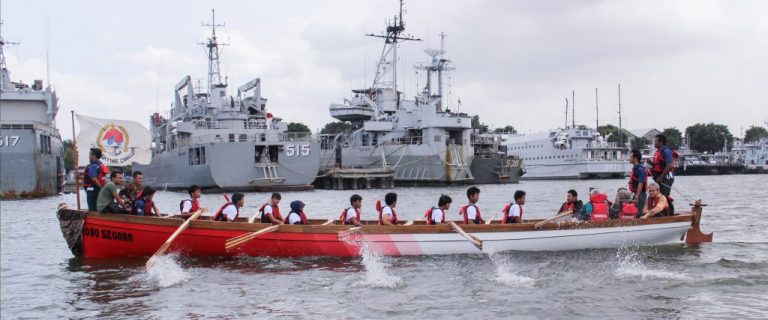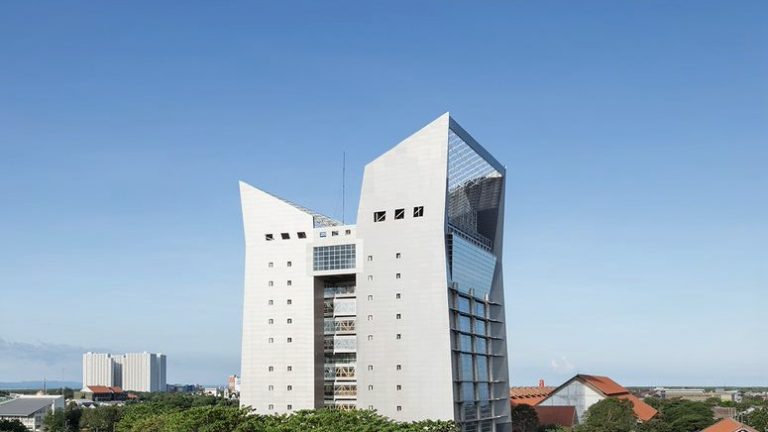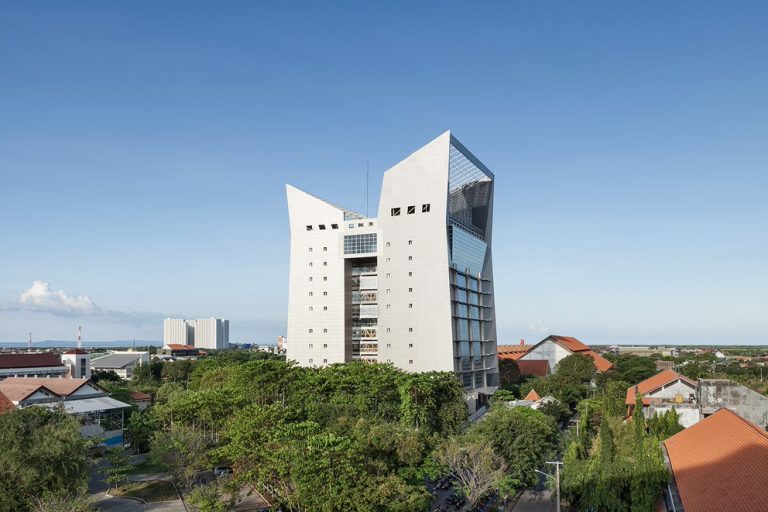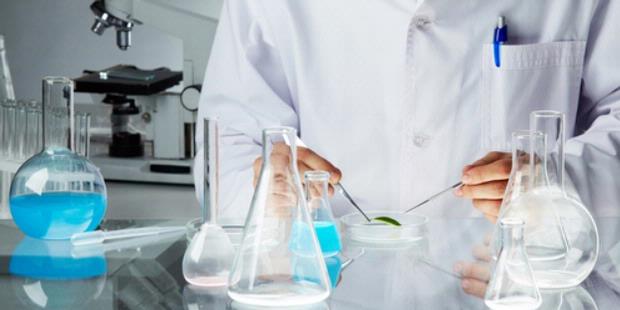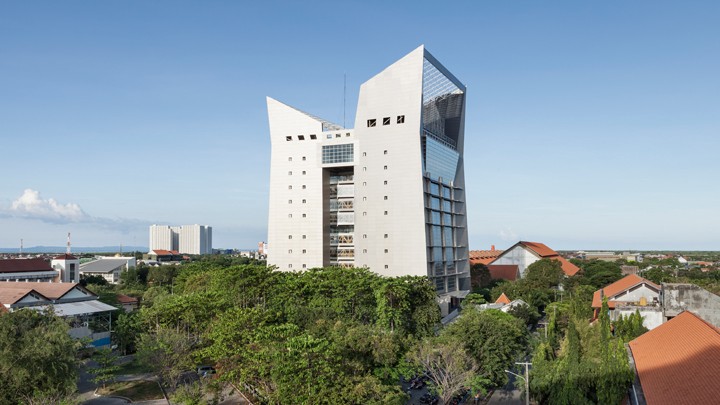Head of Research Center :
Dr. Ir. Ali Musyafa, M.Sc.
Research Center Building
Jalan Teknik Kimia, Kampus ITS Sukolilo
Surabaya, Indonesia 60111.
Email: musyafa@ep.its.ac.id
Overview Research Center for Energy
Threats of energy scarcity in the future and the environmentally bad impacts of fossil fuels make ITS continue to innovate in developing new and renewable energy. ITS innovation in environmentally friendly energy is poured through research led by the Center for Energy Studies under the Institute for Research and Community Service (LPPM).
The ITS Energy Study Center commits to support government programs in maintaining energy security and energy sustainability in Indonesia. This objective is in accordance with the National Energy Policy as set out in the Energy Policy White Paper of 2005-2025 and in the General Plan for National Energy (RUEN) contained in PP. No. 22 of 2017 concerning Energy Policy for 2016-2050.
In energy management, the ITS Energy Study Center prioritizes the principles of justice, sustainability, and environmental insight. This is done so that energy independence and national energy security can be realized. The main pillar of the ITS Energy Study Center is conducting research and community service related to: Energy Intensification, Energy Diversification and Energy Conservation.
The ITS Energy Study Center contributes to accelerating the development of renewable energy in Indonesia, including establishing an Energy Conservation Center, increasing fuel and electricity prices or reducing subsidies, and strengthening institutional and human resource capacity related to energy development. ITS innovation in environmentally friendly energy comes from water, wind, geothermal, ocean currents and waves, solar cells, and biomass.
Research Topics
Excellent research at the ITS Energy Study Center is focused on three areas, namely:
1. Energy Diversification
- The development of photovoltaic to be more effective and efficient.
- The development of wind turbines to be more effective, efficient, and reliable.
- Research activity in the field of electronics power to increase the contribution of local content components in the development of new and renewable energy integration.
2. Energy Intensification
- Development of carbon capture techniques with chemical processes (capturing CO2 from plant chimneys that can be used to restore unproductive oil wells)
- Development of carbon capture technique with physical process (capturing CO2 from generator chimney that can be used for recovery of unproductive oil wells)
- Cooperate with relevant parties regarding the utilization of CO2 for Enhancement Oil Recovery (EOR) so that oil reserves can be proven to increase.
3. Energy Management and Energy Auditor
- Carrying out an energy audit at the Rector’s Building, the Engineering Physics Department Building, and the Research Center Building, as a pilot project followed by most of the ITS Energy Study Center Members.
- Sending PSE Members to take part in capacity building training held by two waves of the Ministry of Energy and Mineral Resources.
- Conduct dissemination of knowledge on energy management and energy auditors to members of the ITS Energy Study Center and to members of the Eastern Part of Indonesian University Network (EPI-Unet).
- Collaborating with LSP Energi to implement the Energy Auditor Competency Test for industries in East Java.
Facilities
Research Center for Energy has a group of experts conducting research in the field of new and renewable energy. This study center has access to sophisticated facilities at the ITS Energy and Environment Laboratory. This laboratory has SEM-EDX, XRD, AFM, ICP-OES, XRF, HRMS, HPLC, GC, etc. which are related to research needs for alternative energy. In addition, the laboratory is also equipped with field survey equipment in the form of laboratory cars with the ability to analyze water, soil and air quality such as pH, DO, content of nitrate ions, nitrite, sulfate, ammonia and colrid, water conductivity, CO content, CO2, NOx, SOx, moisture, dust content in the air, vibration and noise measuring instruments, vibration measuring instruments due to explosions, cetane and octane measuring instruments, BBG dew point devices and measuring devices.
